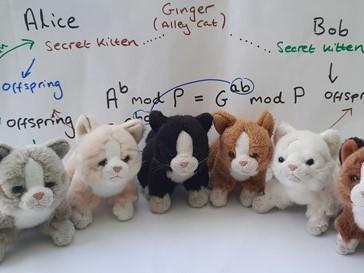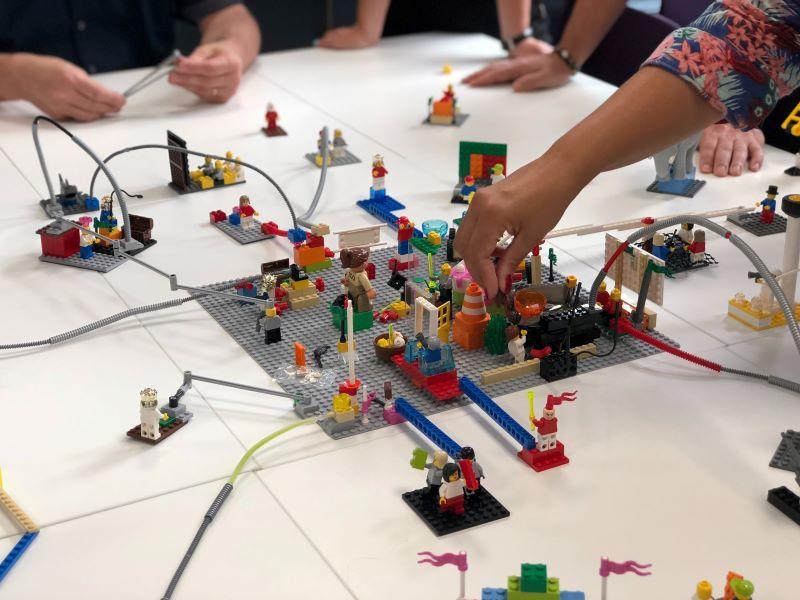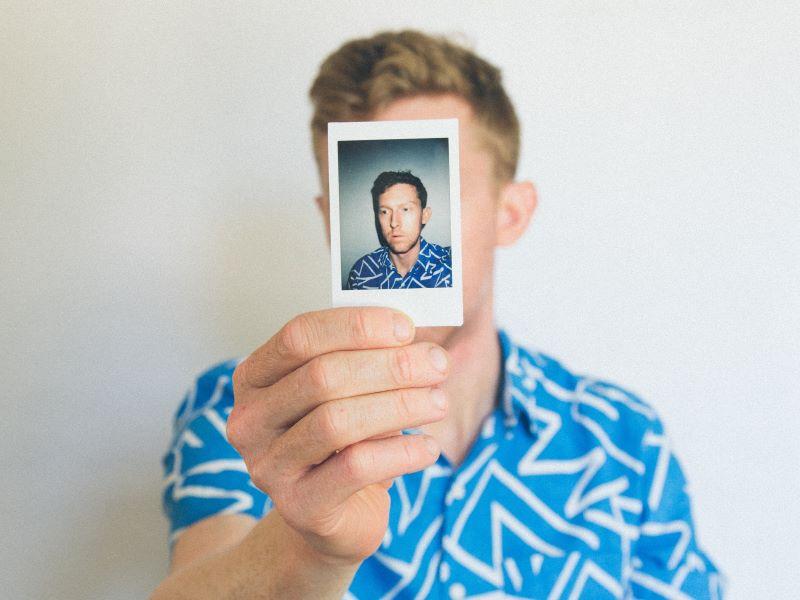
How can Jenga build course co-creation?
Co-creation with students is increasingly recognised as a powerful tool for enhancing belonging, student engagement and inclusive practice in higher education. Student belonging within HE, according to Sunday Blake and co-authors (2022), is underpinned by connection (feeling connected to peers and staff), inclusion (curricula reflect student understandings of inclusivity and diversity), support (authentic understanding of student support needs) and autonomy (opportunities to contribute to their curriculum).
But, as an educator, how do you do all of that? And does it work? We developed an activity using a simple Jenga game and questions to generate discussions on accessibility among students in the BA in international tourism and events management programme. And, yes, we think it worked (brilliantly).
This all started because we wanted to understand the barriers that students face when they are invited to extracurricular events. These are often planned to foster student belonging but are generally not well attended. Accessibility is also an increasingly important part of the events management curriculum, and events and tourism venues are important spaces for ongoing improvement of accessibility and a fairer society.
- Resource collection: working with students to co-create their education
- How to create extracurricular activities students will want to attend
- Read more: co-creation as a liberating activity
So, as a seminar activity, we asked students to think of accessible solutions to challenges they felt were most pertinent to them and their peers. The activity enhanced their development of responsible leadership skills and, crucially, allowed us an insight into accessibility and inclusivity challenges for our undergraduates. Their ideas were inspiring and educational and left us feeling we should make them available for others to learn from. Co-creating solutions to access issues felt like the obvious way forward.
Inspired by EDI expert Wade Hinton’s Leading and Living Inclusively TEDx talk, we had his three questions for self-reflection on inclusive practice and disrupting bias at the forefront of our minds…
- Have I leaned in to better understand someone else’s experience?
- Have I made room for voices other than my own to be present?
- Have I created space to encourage others to be their authentic selves?
We were already able to answer “yes” to question 1; this is what led us to the co-creation project. It was making room for other voices, as alluded to in question 2, that had educated us, and we felt we could enhance that space and open it up to others. Adapting the easy and well-known game Jenga (also known as Tumbling Towers) to stimulate small-group discussions among students meant we could mute our voices for others to be heard.
To create this space and facilitate the co-creation, we designed “Accessibility Jenga”. We prepared questions around accessibility, divided the students into teams and started to play. For every brick that was retrieved, each team had to discuss a question. The whole process was a fantastic experience, but it was perhaps the impact on the students that we were most proud of. Their feedback evidenced that we were successful in creating a space where they could be their authentic selves...
“It stimulated a discussion that I had never had openly with other students.”
“The experience has expanded my skills in presenting as I got to speak confidently about something that does affect me.”
Some expressed that playing the game made them feel that they were listened to, and that they and their opinions were valued.
But it wasn’t just the students who experienced a positive impact. We did, too.
Educator reflections
The nature of the activity, in a safe and welcoming environment, allowed students to open up about their thoughts and feelings around event inclusivity. This activity developed awareness through reflection and empathy – important elements of experiential and problem-based learning. The Jenga activity was innovative and new, but also immersive and snappy – which is helpful in this digital age of dwindling attention spans. As the activity was student-led, we learned more about how our students think and feel about their own perspectives on accessibility, and how they put that into the context of event design and management. You could swap out events to something else, and apply the activity to a different subject area, for a different set of students. The academic staff member just needs to facilitate discussions, then listen to learn.
Broader implications for course impact
Academics across universities are faced with a need to embed principles of accessibility as part of decolonising curricula. There are important questions to explore about how to ensure meaningful impact – not just a tick-list during a programme-renewal process. We suggest that the role of belonging, and the effective use of co-creation activities, is crucial.
Accessibility Jenga is one such way of doing this. It provoked discussions and personal reflections that highlighted students’ lived experiences of events within the context of their curriculum. They incorporated their experiences of joining the university and how certain measures helped them integrate better or feel a sense of belonging. This last point describes an unforeseen benefit of the conversation and gave valuable insight into the induction process. With cohorts becoming more diverse, we need to harness these conversations for a more welcoming and accessible university experience.
And there was a bonus! The activity allowed us to co-create a two-part animation showcasing our student voices that will be used to educate future cohorts on accessible events (view part 1 and part 2).
Katy Proctor is a senior lecturer in gender, violence and criminology and Nick Davies is programme lead (BA International Tourism and Events Management), both at Glasgow Caledonian University.
If you would like advice and insight from academics and university staff delivered direct to your inbox each week, sign up for the Campus newsletter.




